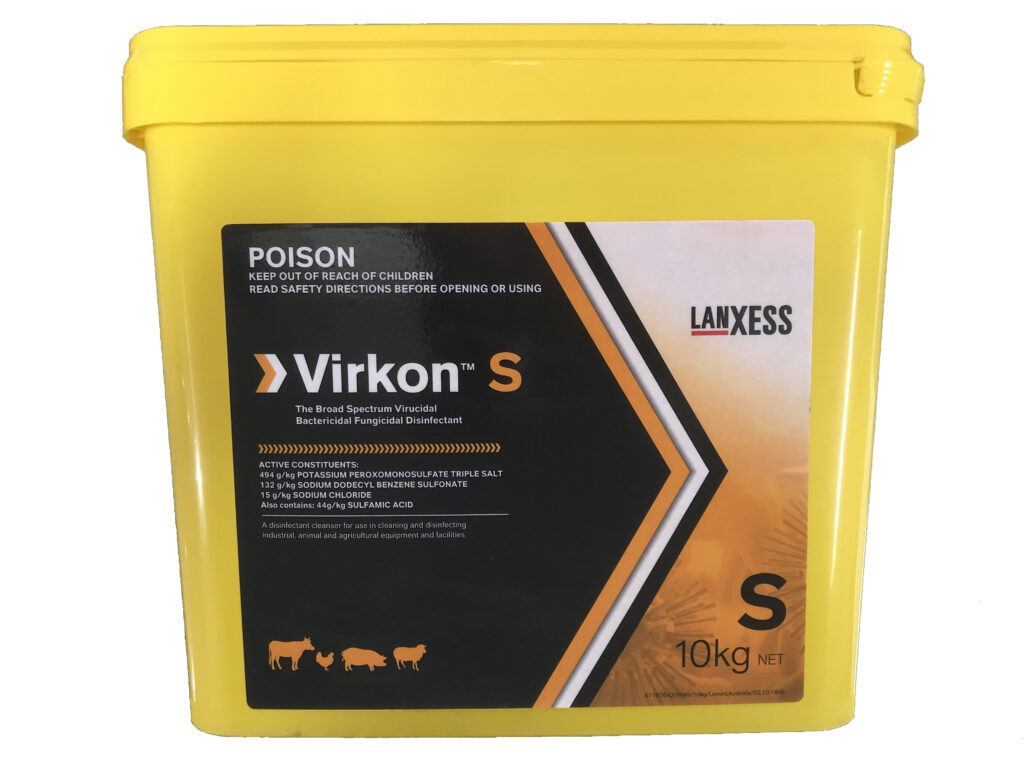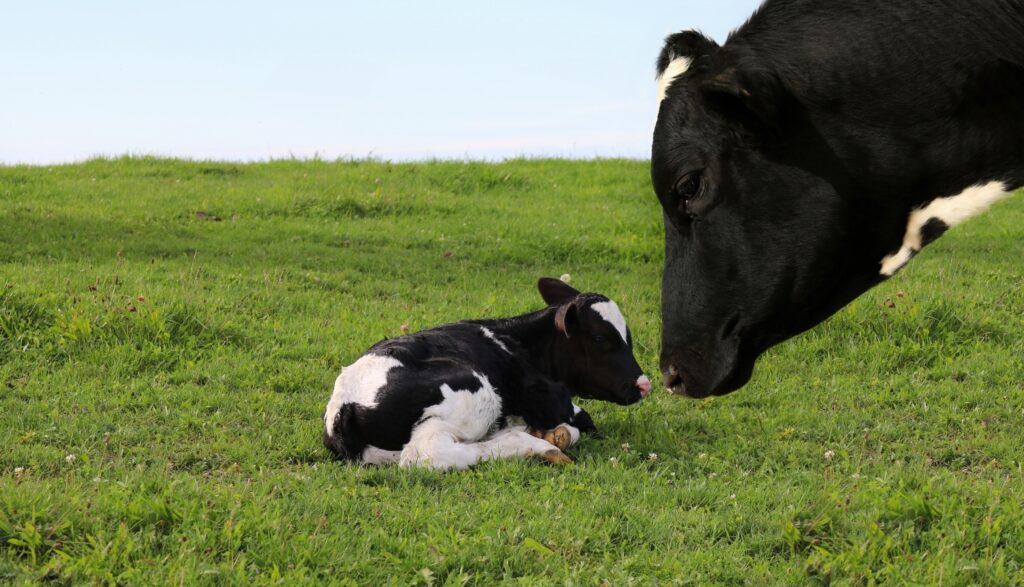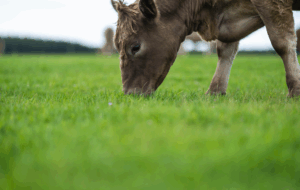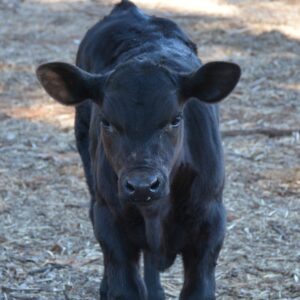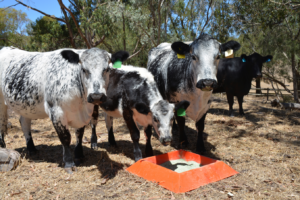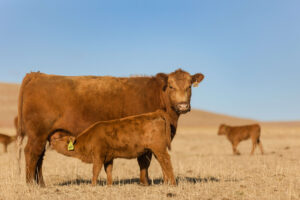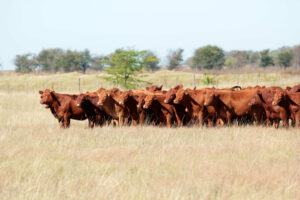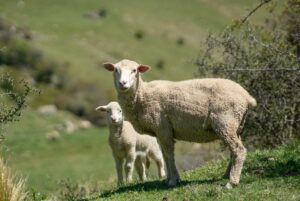The health of your calves is vital for farm productivity and sustainability. Good biosecurity protects young stock and reduces disease risk. An effective plan minimises infection risks, helping calves grow healthy and strong. Key measures include cleaning and disinfecting sheds, shelters, and feeding equipment, building immunity through colostrum and vaccines, and keeping calves warm and dry to reduce stress.
Cleaning and disinfecting calf sheds and shelters
Good calf health starts with their environment. Calves are vulnerable to diseases due to immature immune systems. In Australia, about 80% of calf deaths are from scouring and pneumonia, both preventable with strong biosecurity practices.
Maintaining clean, dry sheds and shelters is the first step. Regularly clean bedding and disinfect shelters to cut disease risk and provide a stress-free space. Soiled bedding harbors pathogens like E. coli, coccidia, and Salmonella, leading to severe illness. Change bedding often; clean and disinfect walls, gates, and floors with a farm-approved product. VirkonTM S destroys bacteria and viruses and is APVMA approved for disinfecting farm facilities. Clean and disinfect between batches of calves, and maintain hygiene weekly with VirkonTM S.
Adequate ventilation keeps air fresh and pathogen-free. Avoid overcrowding, as it speeds disease spread. Provide each calf enough space for growth, which reduces stress and boosts health.
Cleaning and disinfecting drinking and feeding equipment
Clean feeding and drinking equipment is as important as housing. Calves need safe milk, colostrum, and feed, as contamination can have serious effects.
Wash and disinfect feeders, buckets, bottles, and teats after each use with VirkonTM S. Milk and colostrum residues quickly foster bacteria like E. coli, Cryptosporidium, and Salmonella, which harm calf health. A thorough cleaning routine with VirkonTM S reduces exposure to pathogens.
Check water troughs regularly for cleanliness. Dirty water leads to dehydration and weakens the calf’s immune system. Ensure water is fresh and at the right temperature, especially warm in cold weather to help maintain calf body temperature.
Keeping calves warm and dry
Newborn calves are vulnerable to hypothermia. Poor temperature control weakens immunity and increases disease risk. Warm, dry conditions are critical for health and growth.
In cold weather, add extra bedding and block drafts. Straw insulates well, but keep it clean and dry. Wet bedding leads to chilling and infection risk. NaturCleanTM helps keep bedding dry.
Avoid overheating calves. Use shade and ventilation in warm weather. Overheating causes stress, dehydration, and weakens immunity.
Biosecurity is an investment in your dairy business
Effective biosecurity is an investment in your farm’s future. Clean environments, sanitised equipment, and proper calf care minimise disease risks and raise herd health and productivity. Good early-life biosecurity sets calves up for long-term success, supporting better performance and profitability.
